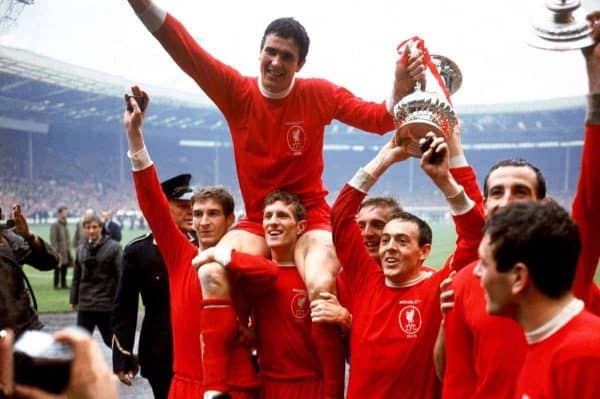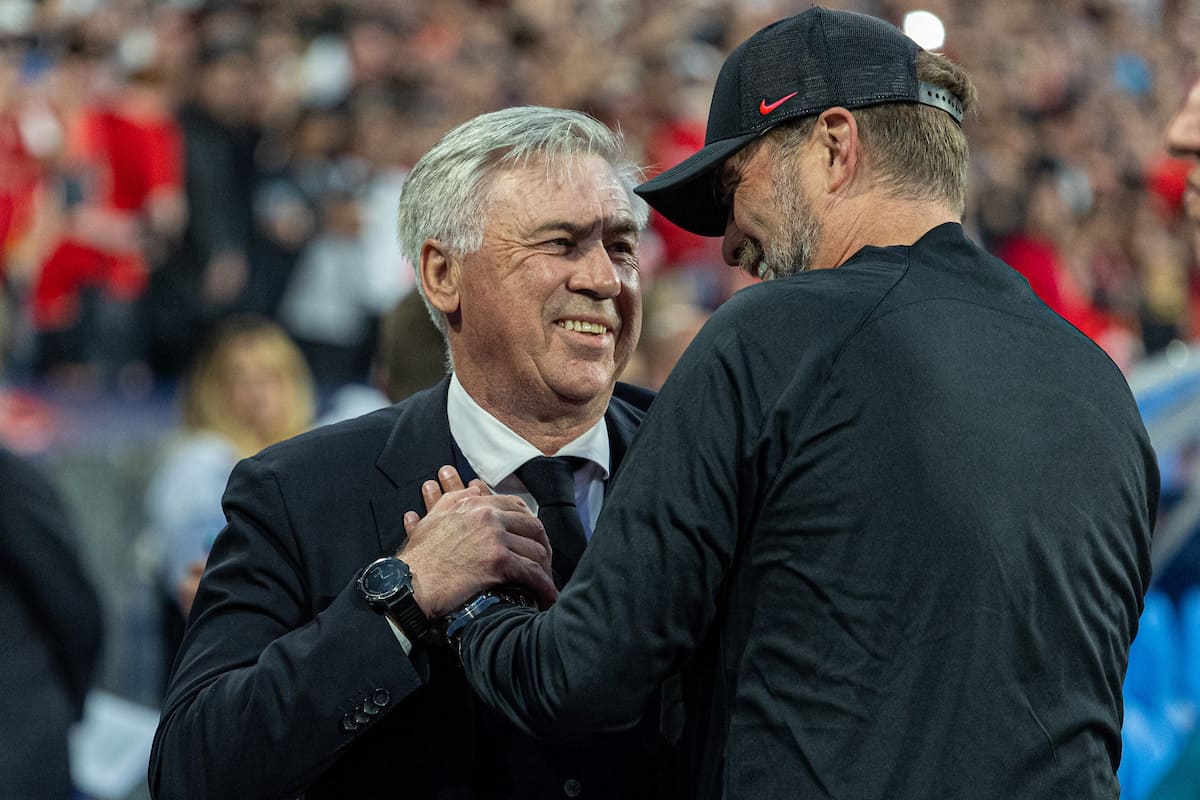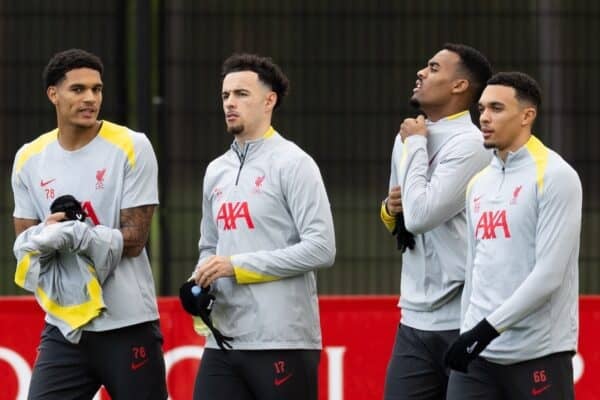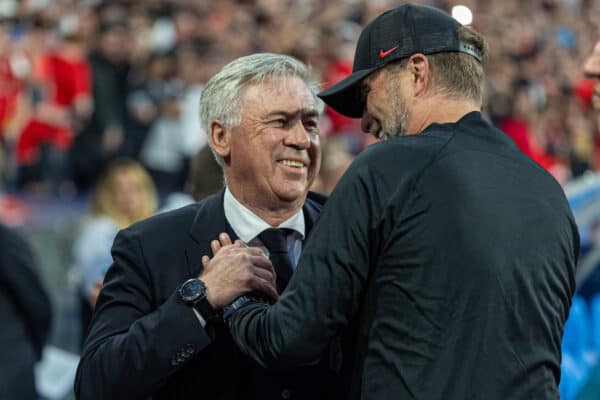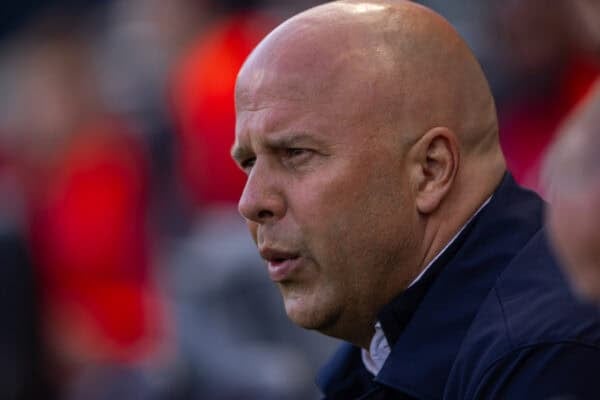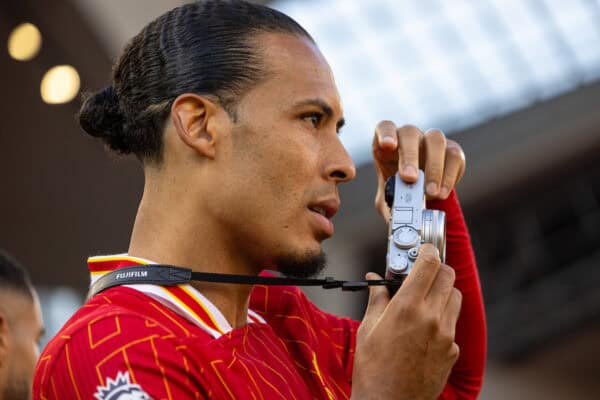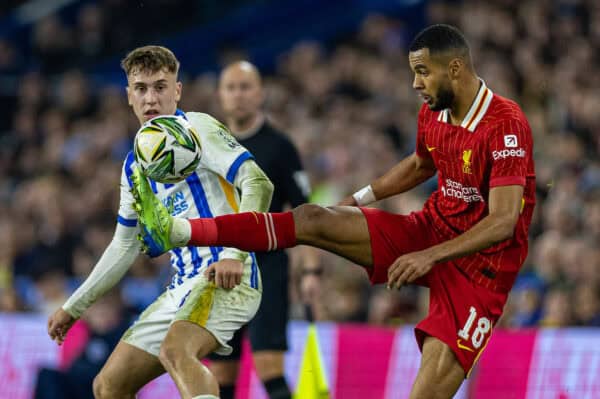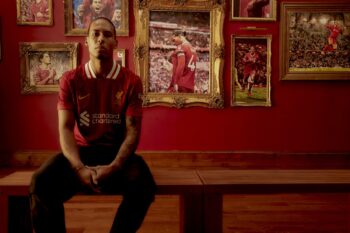It was third time lucky for Liverpool when they secured the club’s first of their seven FA Cups in 1965, with Ian St John sealing the winner for Bill Shankly’s side.
By the time the 1964/65 season rolled around, the Reds had six top-flight titles to their name but had yet to conquer the domestic or European cup scene.
After overseeing a remarkable transformation of the club and returning Liverpool to the first division, Shankly’s men had ended a 17-year wait for a league title the previous campaign.
While they would be unable to successfully defend their crown, they added another prestigious trophy to the cabinet in the form of the club’s first FA Cup.
Defeats to Burnley and Arsenal in respective finals in 1914 and 1950 ensured the 1965 final at Wembley was Liverpool’s third shot at the oldest national football competition in the world.
The Reds’ passage to the final saw them enter the competition in the Third Round, where they would go on to emerge victorious at West Brom – with the two goalscorers on the day starting the competition as they would finish.
A further four teams would ask questions of Liverpool, two of which were answered at the first time of asking (Bolton and Chelsea), while Stockport County and Leicester City both needed a replay to determine the winner.
The former, the semi-final at Villa Park against Chelsea, saw the Reds secure a 2-0 win – one which was no doubt inspired by Shankly’s pre-game talk.
The Liverpool boss had found a programme designed for Chelsea reaching the cup final and so he took it to the dressing room and pinned it up for all to see, declaring to his players: “stuff those wee cocky south buggers.”
And they did as they were told in what the Liverpool Echo had described as the club’s “finest hour.”
Liverpool had booked a place at Wembley and would meet Leeds United, who would finish the league campaign as runners-up under Don Revie.
While the significance of the FA Cup in present-day has waned, it’s importance for Shankly and Co. and all who contested for the trophy could not be understated – with the Reds having obsessed over the piece of silverware ever since their first league triumph in 1901.
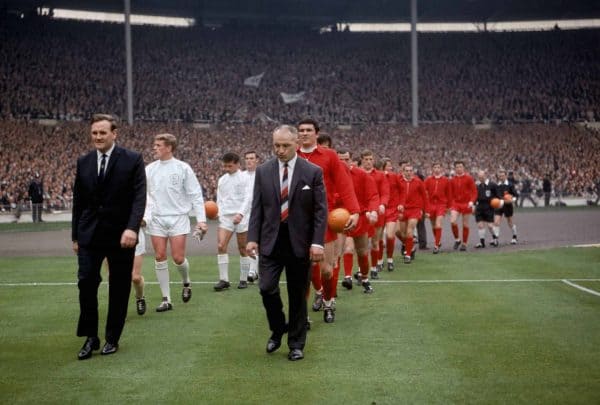
Leeds in all white and Liverpool in all red contested the final, where a first-time winner would have been crowned irrespective of the result.
“Our opponents, Leeds United, have proved themselves beyond doubt to be a great team, clearly the whole set up at Leeds is one of the finest. But the better the opposition, the better we play,” Shankly had declared ahead of the game.
Prior to the game, the Reds’ coach was caught in heavy traffic on the way to the stadium and would require a police escort to ensure the match kicked off on time.
Revie’s side, meanwhile, had overcome Man United to reach the final against Liverpool, a showpiece which went the distance, with neither team scoring in regulation time to set up extra time.
And three goals then came in a hurry. Rodger Hunt had edged Liverpool into the lead merely three minutes into extra-time with a headed effort, only for Leeds’ Billy Bremner to strike back on the cusp of the interval.
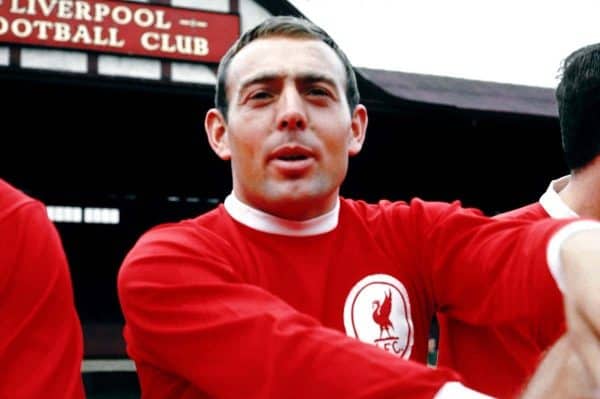
It left the tie finely poised, but up stepped Ian St John who provided the second headed finish of the afternoon after superbly dispatching Ian Callaghan’s delivery beyond Gary Sprake.
The Press Association described his making of the goal as a “total disregard for the risks of injury from flying boots,” while for St John himself it was the “most wonderful moment of my life.”
It proved to be the winner and while the clash was far from a classic, the men in red could not care less come the final whistle as on May 1 1965, the famous FA Cup finally made its way to Anfield for the first time – a triumph the Echo titled as ‘Our proudest moment’.
Wembley was a sea of red on a day where ‘You’ll Never Walk Alone’ was heralded as the club’s “signature tune,” where emotions overflowed both on and off the pitch once the title was secured.
“Grown men were crying and it was the greatest feeling any human being could have to see what we had done,” Shankly would later write in his autobiography.
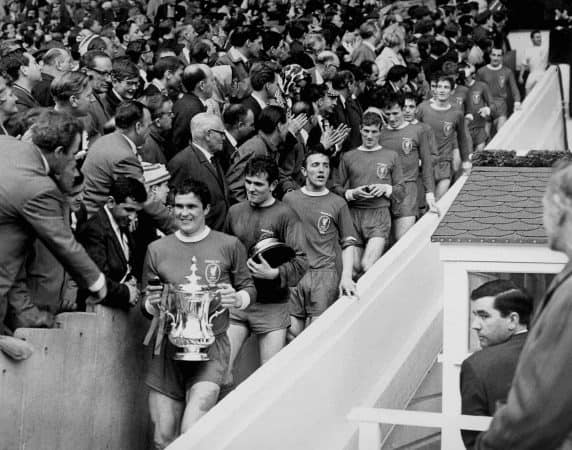
“There have been many proud moments. Wonderful, fantastic moments. But that was the greatest day, the one I treasure the most.”
Ron Yeats would accept the trophy from the Queen and upon their return to Liverpool, over 500,000 people lined the streets to welcome the FA Cup-winning champions, where the outpouring of emotion and support hammered home how significant their success was.
For the first time in Liverpool’s 73-year history, the FA Cup was theirs and a constant stream of success would follow both domestically and in Europe until the 1980s thanks to the foundations laid by the great Bill Shankly.
